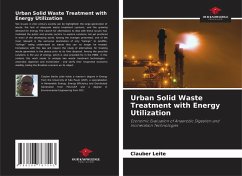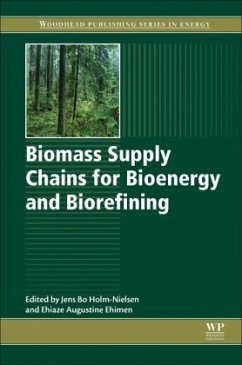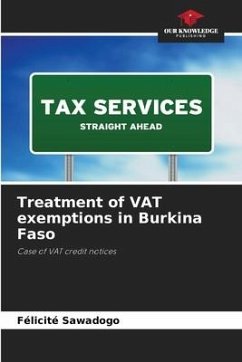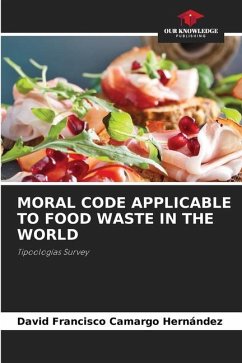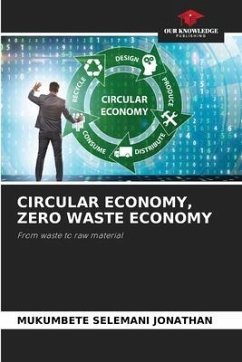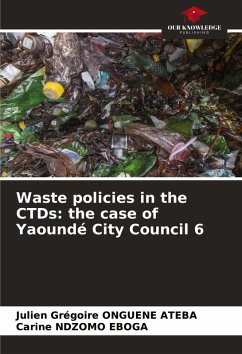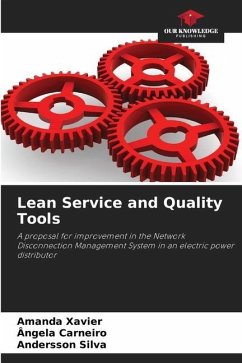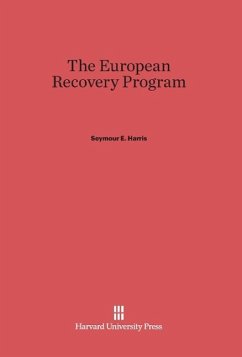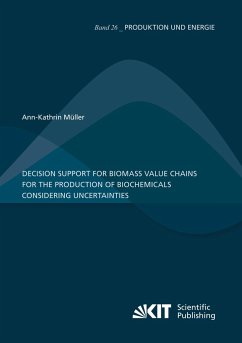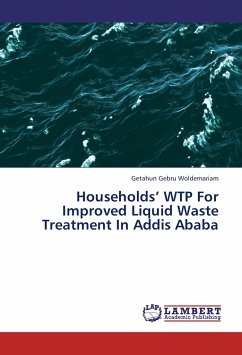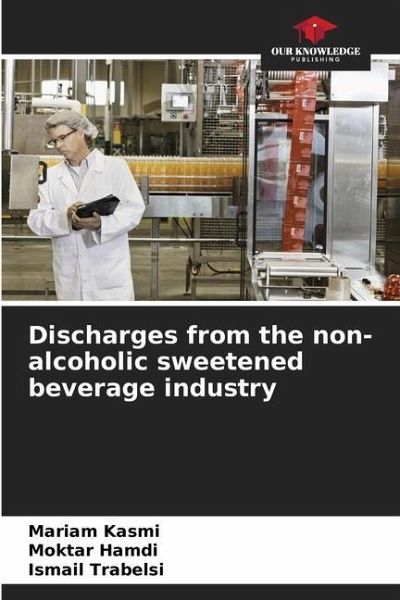
Discharges from the non-alcoholic sweetened beverage industry
Versandkostenfrei!
Versandfertig in 6-10 Tagen
27,99 €
inkl. MwSt.

PAYBACK Punkte
14 °P sammeln!
This book presents a number of alternatives for the treatment and recovery of waste from the sugar-sweetened beverage industry, which contains fairly high levels of carbohydrates that can be used to produce micro-organisms and molecules of industrial interest. The various processes involve using these products as a matrix for producing biomass (ferments: bacteria, yeasts and moulds) or molecules for various uses (hydrogen, bioethanol, organic acids, etc.). Using these beverages as culture media means that the sugars initially present in the matrix can be used up, resulting in industrial waste ...
This book presents a number of alternatives for the treatment and recovery of waste from the sugar-sweetened beverage industry, which contains fairly high levels of carbohydrates that can be used to produce micro-organisms and molecules of industrial interest. The various processes involve using these products as a matrix for producing biomass (ferments: bacteria, yeasts and moulds) or molecules for various uses (hydrogen, bioethanol, organic acids, etc.). Using these beverages as culture media means that the sugars initially present in the matrix can be used up, resulting in industrial waste that is much less polluting for the environment. These clean substrates open up new prospects in the production of micro-organisms and molecules, offering the fermentation, human nutrition and animal nutrition markets bacteria that meet quality standards, including those of the pharmaceutical industry.



